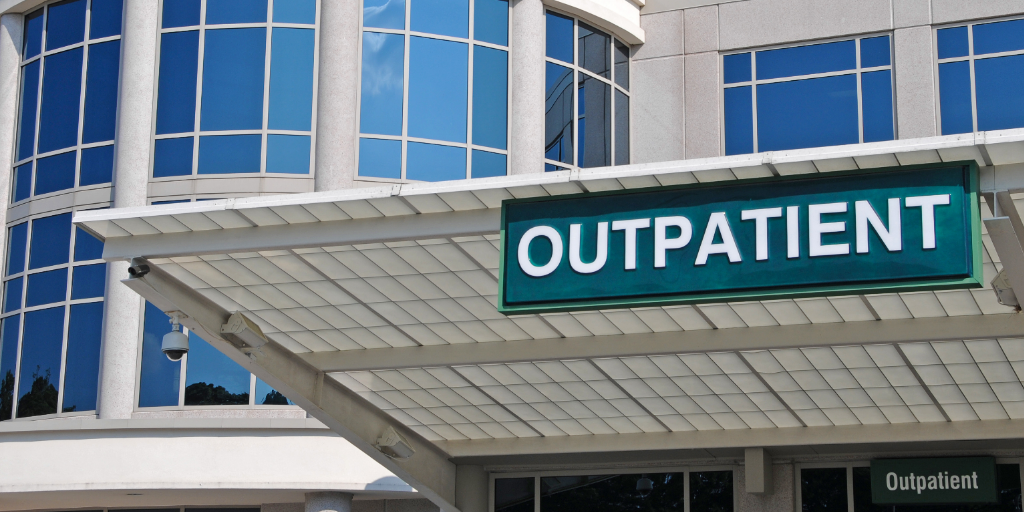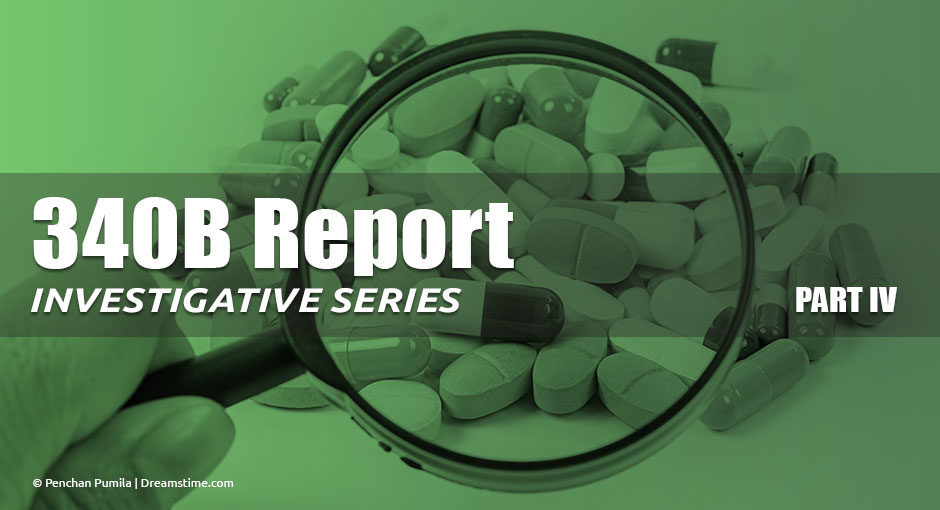Part 4 of 6—How Do Celgene’s Revlimid Policies Affect 340B Hospitals and Patient Care?
The impact on health care providers of being unable to access Revlimid at the 340B price is significant, financially and in terms of patient care, according to numerous health system representatives that 340B Report interviewed. (All current and former health system and hospital representatives interviewed for this series declined to be identified, explaining that they did not want to jeopardize their relationships with BMS. Nearly all declined to be quoted.)
A representative of a network of hospitals that participate in the 340B program calculated that, during a recent 12 month-period, 26 of the entities managed $16.3 million in prescriptions for Revlimid (at wholesale acquisition cost). The representative said the 340B price on those prescriptions was $3.0 million—a difference of $13.2 million.
According to BMS/Celgene , there are fewer than 250 hospitals and clinics in its limited distribution networks for Revlimid, Pomalyst, and Thalomid. Those that are 340B eligible, and to which the 340B orphan drug exclusion does not apply, presumably can access 340B pricing on the drugs.
Also, Celgene/BMS contracts with 23 specialty pharmacies to fill prescriptions for Revlimid, Pomalyst, and Thalomid. Celgene/BMS identifies and gives phone and fax numbers for these pharmacies on its website. We could not locate on the site a comparable list of the hospitals and clinics in the limited distribution networks for the drugs.
Celgene said in a 2015 notice to 340B covered entities that “340B covered entities are proportionately represented in the limited distribution networks for all three products.” There does not appear to be a way to independently verify that statement. We asked Bristol Myers Squibb (BMS) for data, from 2013 onward, on 340B covered entity representation in the limited distribution networks, broken down by 340B entity type (e.g., how many, and what percentage, are disproportionate share hospitals, children’s hospitals, critical access hospitals, sole community hospitals, rural referral centers, and free-standing cancer hospitals). BMS did not supply us with the requested data but did provide this statement in response to a series of questions we raised prior to publishing the series.

Financial Impact “Is Quite Large”
A representative of a health system whose requests to enroll hospitals in the Revlimid limited distribution network have been denied told us the financial impact of its exclusion “is quite large.”
“Even though there is 340B pricing on these products, no one is able to access the pricing because they won’t allow health systems into the network,” the health system representative said. “They are legally providing 340B pricing as required, but no one can actually purchase it at that price.”
A health system’s clinicians can advise their patients to begin taking Revlimid or the two other myeloma drugs. But under the Risk Evaluation and Mitigation Strategies (REMS) for the three drugs, only Celgene/BMS certified prescribers can prescribe the drugs, and only certified pharmacies can dispense them.
According to Celgene’s 2015 public notice to 340B covered entities, under the company’s limited distribution system, the patients—not the health system—purchase the drugs from one of the 23 specialty pharmacies in Celgene’s limited distribution network.
“We are not able to access the 340B pricing, so we end up carving these out of our 340B program,” the representative of the health system that tried without success to enroll in the Revlimid distribution network said.
340B Penny Pricing
According to a September 2020 U.S. House committee report, Celgene and BMS raised Revlimid’s price 23 times between 2005 and 2019, from $215 per pill to $763 per pill—a 254 percent increase. That’s about 8 times the roughly 30 percent cumulative U.S. inflation rate for those 14 years.
To discourage drug manufacturers from raising prices faster than inflation, Congress wrote an inflation penalty into the Medicaid drug rebate program. If a drug’s average manufacturer price (AMP) rises at a rate faster than inflation, its maker pays a higher unit rebate amount (URA) that can top out at 100 percent of AMP.
Because the 340B ceiling price formula is calculated using both AMP and URA, the 340B program has a comparable inflation penalty. Under a 2017 340B program final rule, if a drug’s AMP rises high enough relative to inflation, its 340B price can drop to as low as $0.01. When this happens, a drug is said to be “penny-priced.” The penny-pricing policy was in place before the rule, first unofficially from 340B’s beginning in 1993, and then under written guidance in 2011.
The representative of the health system denied entry into the Revlimid limited distribution network said that, based on Revlimid’s pricing history relative to inflation, it likely would have been penny-priced for many years. “The financial impact would be huge, but of course Celgene knows this, which is why they won’t let us into the network,” the representative said.
Impact on Patient Care
The health system can meet all requirements to be admitted to the Revlimid limited distribution network, the representative added. “We are capable of doing this for many other medications,” the official said. “It’s very frustrating.”
Other health system pharmacy executives say that, by making the systems’ patients with multiple myeloma get Revlimid from Celgene’s small, closed networks of specialty pharmacies or authorized hospitals and clinics, instead of from the systems’ own or contracted specialty pharmacies, Celgene interposes itself in the health systems’ coordination of their patients’ care. This takes away from, not adds to, patient safety, the health systems argue.
The health system representative whose requests to enroll in the Revlimid limited distribution network has been turned down said that being unable to buy and dispense Revlimid—at any price whatsoever—through the specialty pharmacy the health system owns and runs compromises patient safety and coordination of care.
Barriers Even for Those in the LDNs
Even for any 340B-eligible entities among the fewer than 250 providers in Celgene’s limited distribution network, there is no guarantee of getting Revlimid at its 340B price every time, according to health system representatives. For example, if one of these 340B entities prescribed Revlimid for a commercially insured patient, the payer’s pharmacy benefit manager might insist that the 340B entity provide the drug to the patient, not by buying and dispensing it through the entity’s own specialty pharmacy, but through the PBM’s specialty pharmacy. In this example, the PBM’s pharmacy would buy the drug, eliminating the 340B entity’s opportunity to buy the drug at the 340B price and bill the payer at a higher negotiated rate.
If there are any 340B critical access hospitals, sole community hospitals, rural referral centers, or free-standing cancer hospitals in Celgene’s LDNs for Revlimid, Pomalyst, and Thalomid, they cannot access 340B pricing on the drugs. Under a 2010 federal law, these four types of hospitals cannot get 340B discounts on drugs designated for orphan diseases or conditions. Revlimid has an orphan designation for multiple myeloma, Pomalyst has designations for multiple myeloma and Kaposi sarcoma, and Thalomid for multiple myeloma, myelodysplastic syndrome, a form of leprosy, and Crohn’s disease.
Have you had trouble accessing 340B pricing for Revlimid and other BMS/Celgene myeloma drugs? Reach out to us at tom.mirga@340breport.com.
Have you found this investigative series and our other reporting to be important? Please pass the word to your colleagues outside of your organization and let them know about our lowest-ever discount offer: 25% off our regular subscription rates, only available through June 11. They can subscribe now using coupon code INVESTIGATE25. For questions, please contact reshma.eggleston@340breport.com.
Friday in Part 5: “Revlimid “didn’t get any better…. You just got better at making money”


